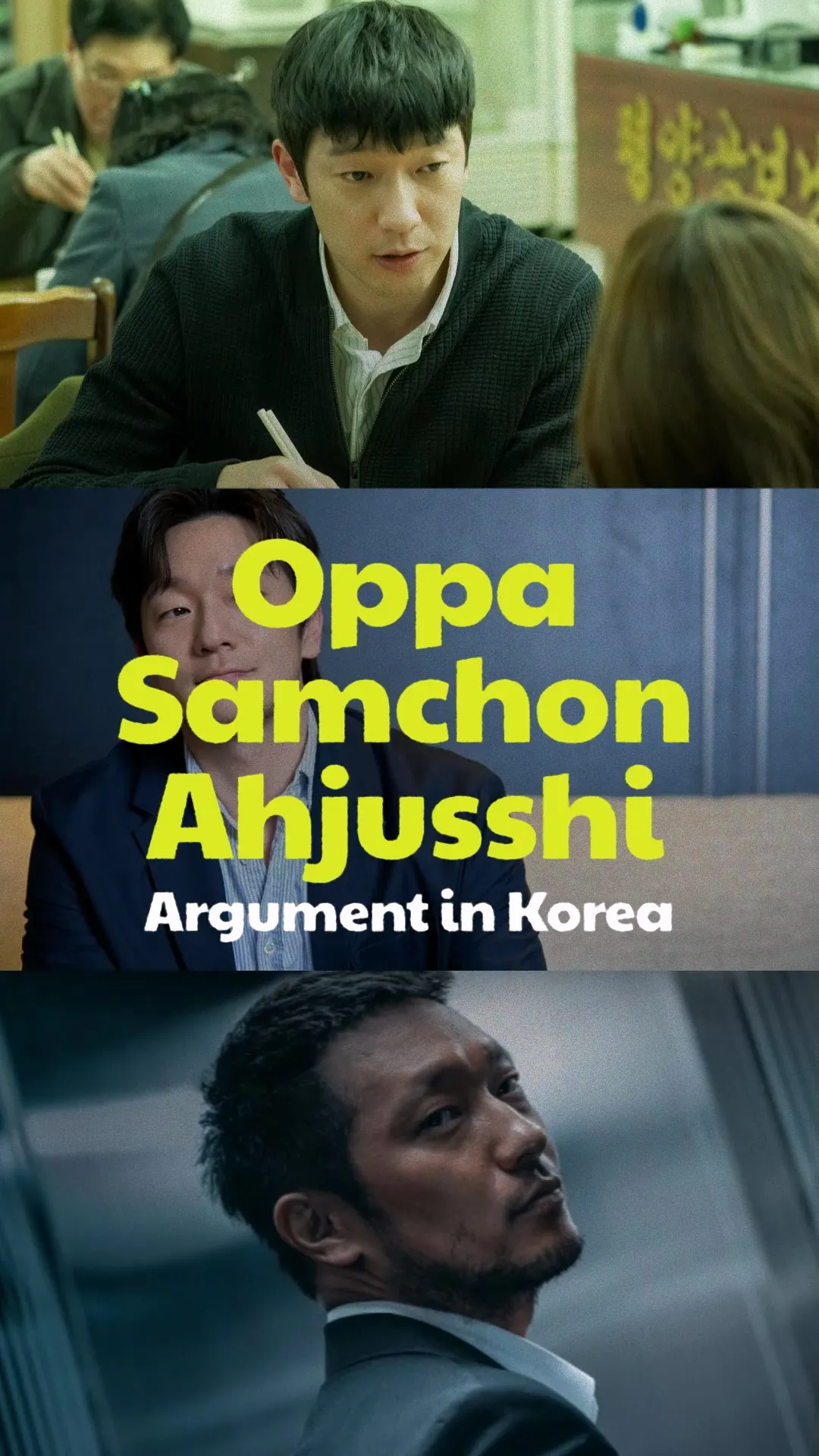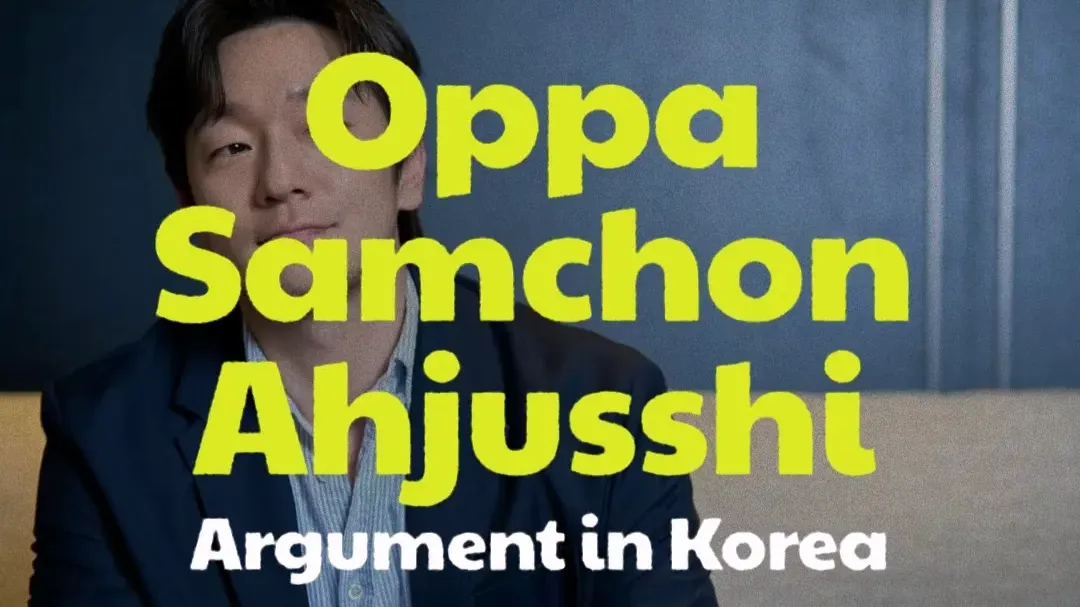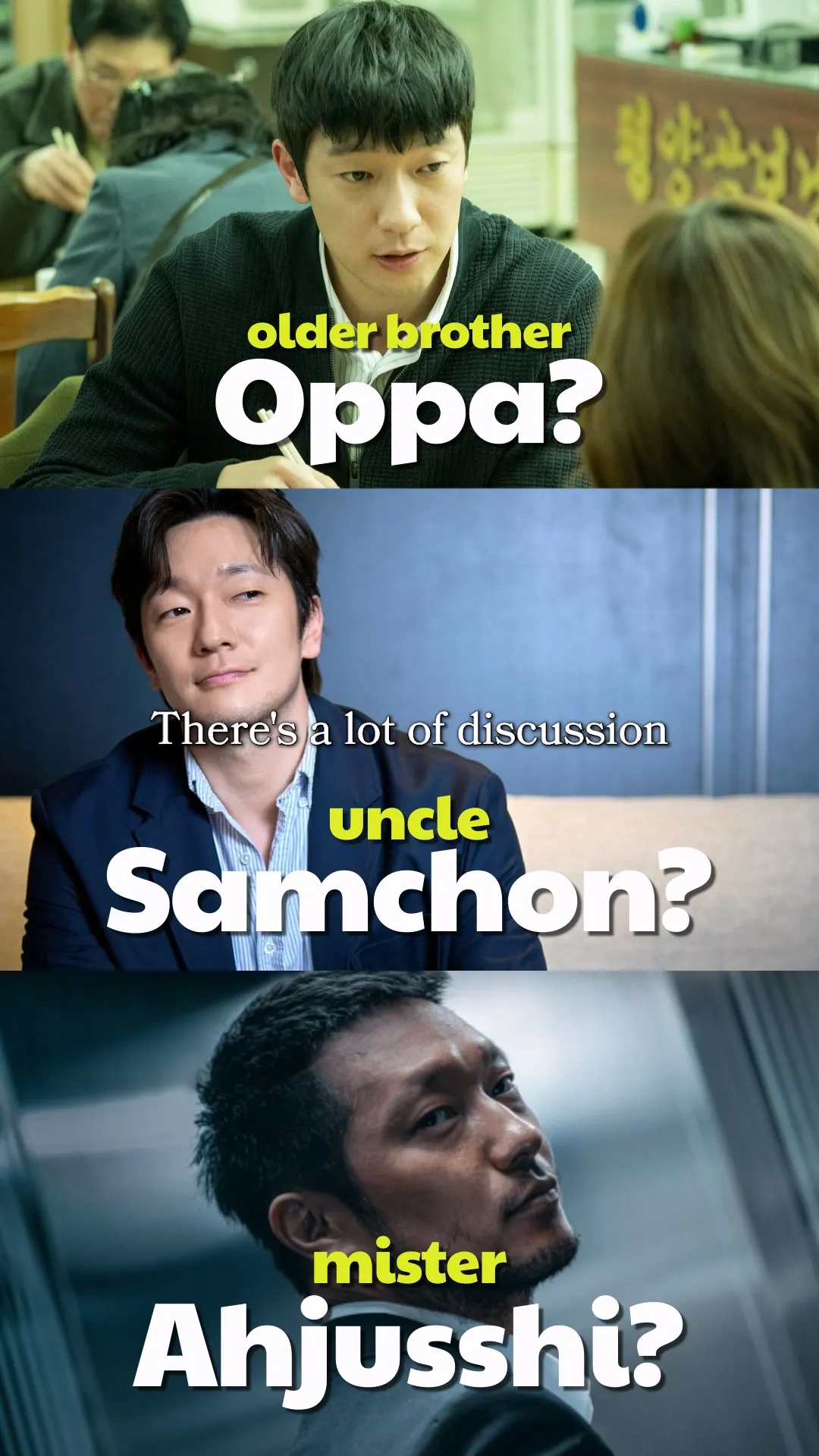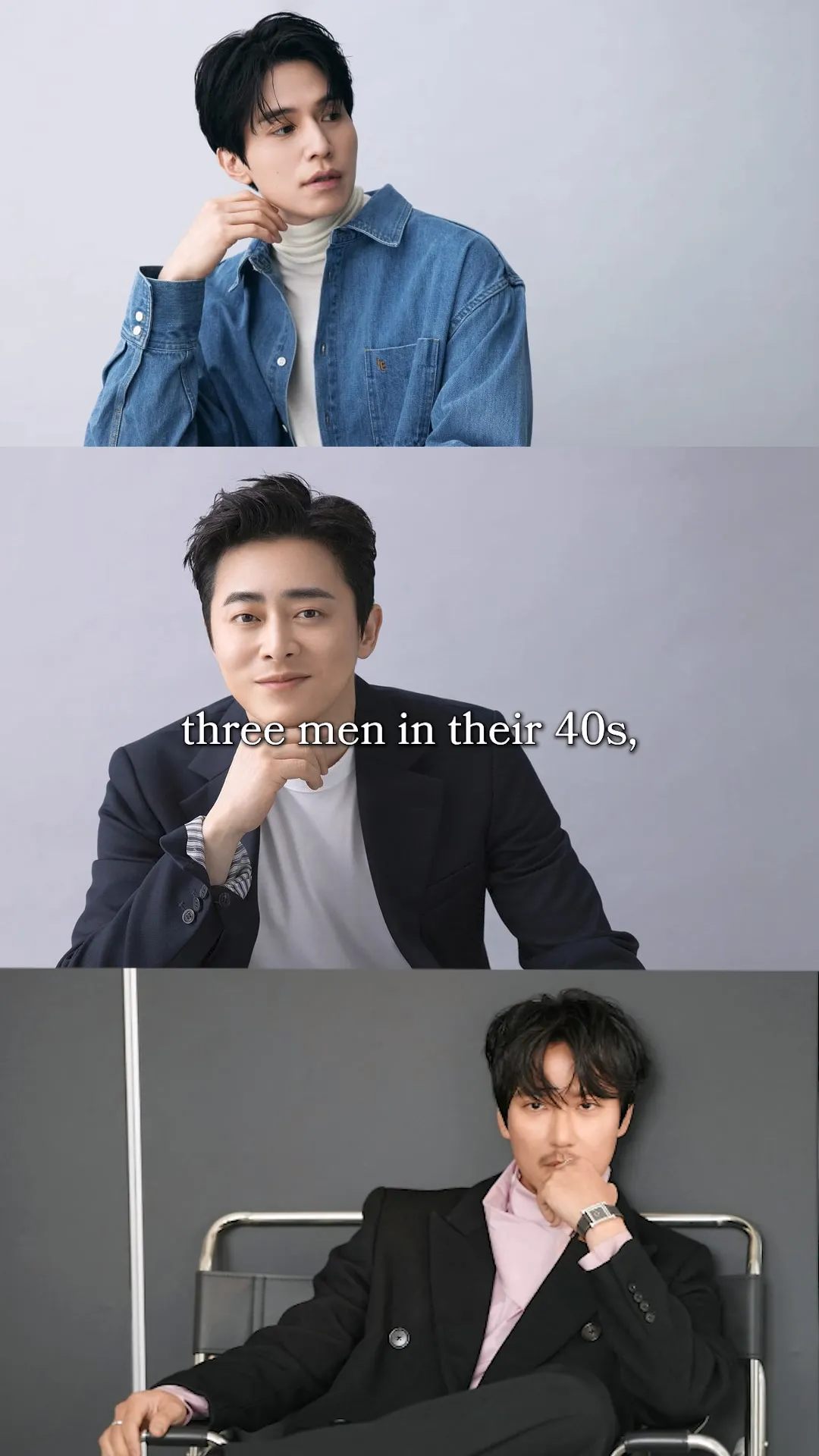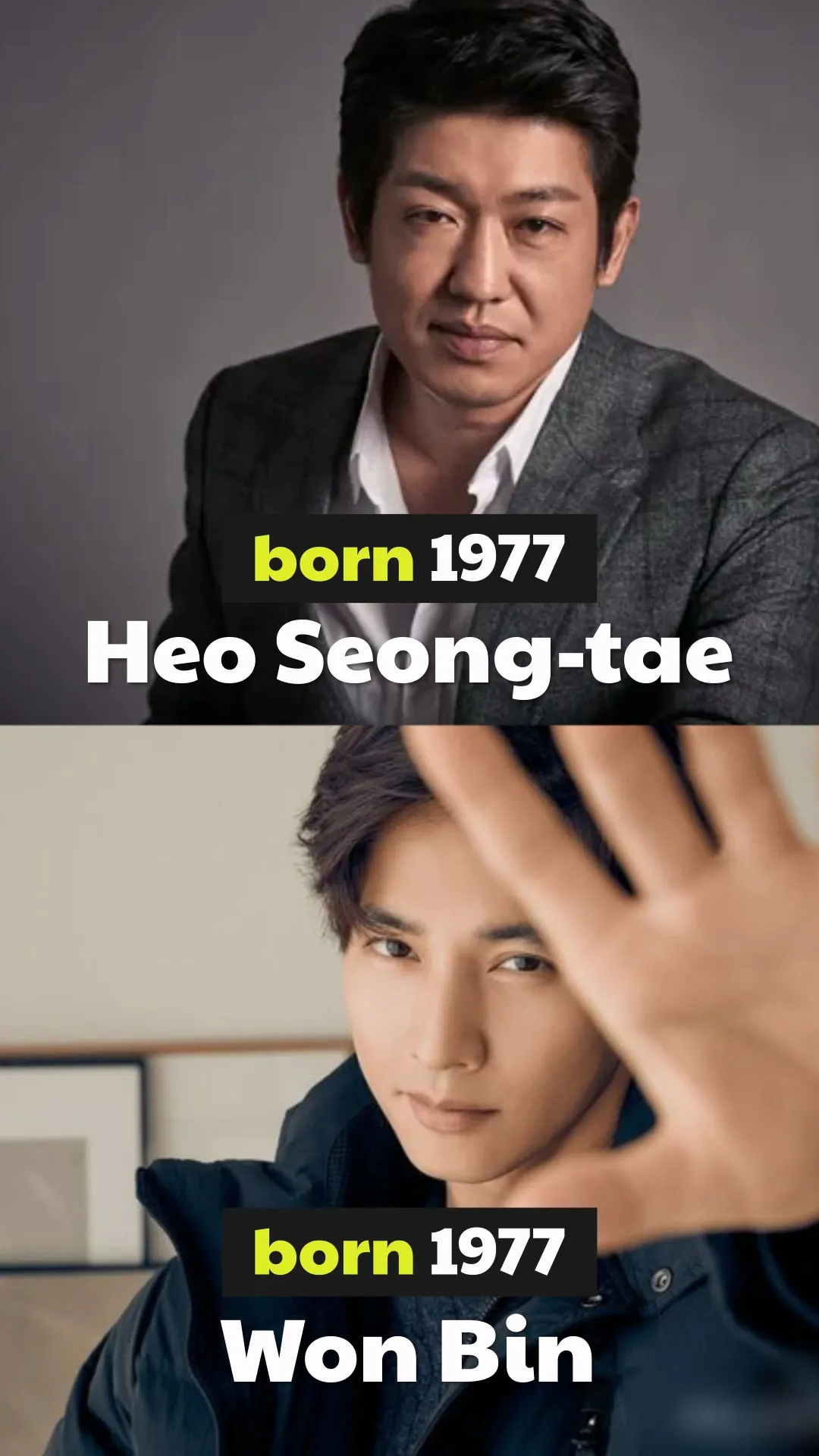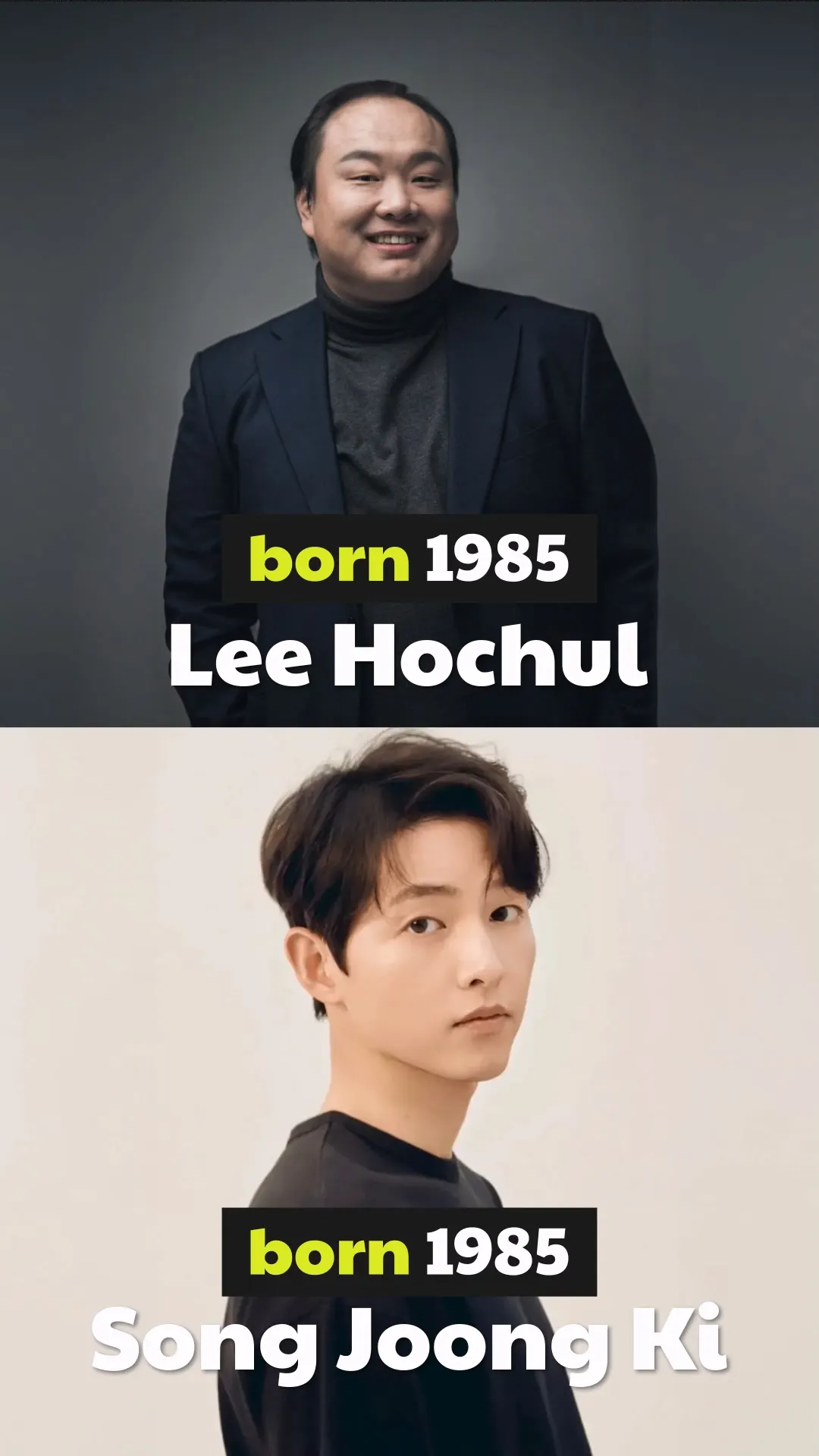Oppa, Samchon, or Ahjusshi?
Understanding Korea's Fun but Complex Naming Culture
The Origins of the Naming Debate
In Korea, the terms "Oppa" (older brother), "Samchon" (uncle), and "Ahjusshi" (mister) are not just titles but reflect a nuanced cultural classification. While these terms are traditionally used to address family members or older acquaintances, they’ve also taken on a more casual, societal role.
Interestingly, this whole debate on what to call an unfamiliar adult male gained traction thanks to Korean high school girls. They started categorizing celebrities and everyday men into these groups purely for fun. Over time, it turned into a playful yet serious topic, sparking discussions among Koreans and even amusing foreign fans of K-culture.
The Complexity Behind the Labels
It might sound like the distinction is based solely on appearance, but that's far from the truth. Korean women, especially younger ones, seem to consider an intricate mix of factors before deciding whether someone is an “Oppa,” a “Samchon,” or an “Ahjusshi.” It’s a mental algorithm that weighs:
•
Looks: Sure, good looks help, but they don’t guarantee a spot in the "Oppa" category.
•
Behavior: Does the man have a youthful vibe? How does he talk?
•
History: A man’s past actions or public persona also come into play.
For instance, take Korean celebrities in their 40s:
•
Lee Dong-wook (1981-born, a famous actor) is often seen as “Oppa” due to his youthful charm and suave demeanor.
•
Jo Jeong-seok (also in his 40s) might lean more toward “Samchon” because of his warm, approachable aura.
•
Kim Nam-gil, despite being a heartthrob, sometimes gets labeled as “Ahjusshi” for his mature, manly vibe.
This categorization may seem lighthearted, but it actually reflects a complex and detailed evaluation that happens almost unconsciously.
Examples of the Oppa-Samchon-Ahjusshi Spectrum
To understand this better, let's look at some fun examples. Despite being born in the same year, two men can land on completely different sides of the spectrum:
1.
Lee Ho-cheol (1985-born) might be considered an "Ahjusshi," while Song Joong-ki (1985-born) is unmistakably an "Oppa."
2.
Hyun Bong-sik (1984-born) exudes “Ahjusshi” energy, whereas Lee Je-hoon (1984-born) easily fits the “Oppa” mold.
3.
Heo Sung-tae (1977-born) has the aura of a distinguished "Ahjusshi," but Won Bin (1977-born)? Forever "Oppa."
Cultural Insight: Why “Ahjusshi” Shouldn’t Hurt Your Feelings
Now, what if you're walking down the streets of Seoul and someone casually calls you "Ahjusshi"? Should you feel offended? Absolutely not! Here’s why:
1.
"Ahjusshi" is a practical title. Koreans often use it as a polite way to address older men they don’t know.
2.
It’s not personal. The person might simply find it easier than saying “Hey, you!” (which is also commonly used).
3.
Context matters. Whether you’re called “Oppa” or “Ahjusshi” often depends on the situation, tone, and the person addressing you.
In fact, most Koreans default to terms like "저기요" (Jeo-gi-yo) or “Excuse me” when addressing strangers, sidestepping the entire naming dilemma altogether.
A Lighthearted Classification That Shows Korean Humor
At its core, the "Oppa, Samchon, Ahjusshi" debate showcases Korea’s playful and lighthearted take on interpersonal relationships. It’s not about judging someone harshly but about adding an extra layer of fun and observation to daily life. For foreigners, understanding these subtle distinctions offers a unique insight into Korean culture—and makes it all the more enjoyable when engaging with it.
So, the next time you find yourself in Korea, try observing these terms in action. You might even test out your own “classification algorithm” and see where your favorite celebrities fall!
Korean culture is full of fascinating nuances, and the playful debate about "Oppa," "Samchon," or "Ahjusshi" reflects its unique blend of humor and observation. From analyzing how men talk to evaluating their aura, this classification process is as creative as it is entertaining. For foreigners, it’s a wonderful peek into the Korean mindset, one that mixes tradition, respect, and a dash of fun. Dive deeper into this cultural phenomenon, and you'll see why these simple terms have sparked so much conversation!
Keywords
Keywords: Oppa, Samchon, Ahjusshi, Korean naming culture, Korean men’s classification, Korean women, Lee Dong-wook, Song Joong-ki, Kim Nam-gil, K-culture trends, Korean celebrities, Korean humor, Korean culture debate, Korean interpersonal dynamics, addressing strangers in Korea, Korean high school girls, Korean terms for men, lighthearted debate in Korea, Korea cultural nuances, Korean etiquette.
